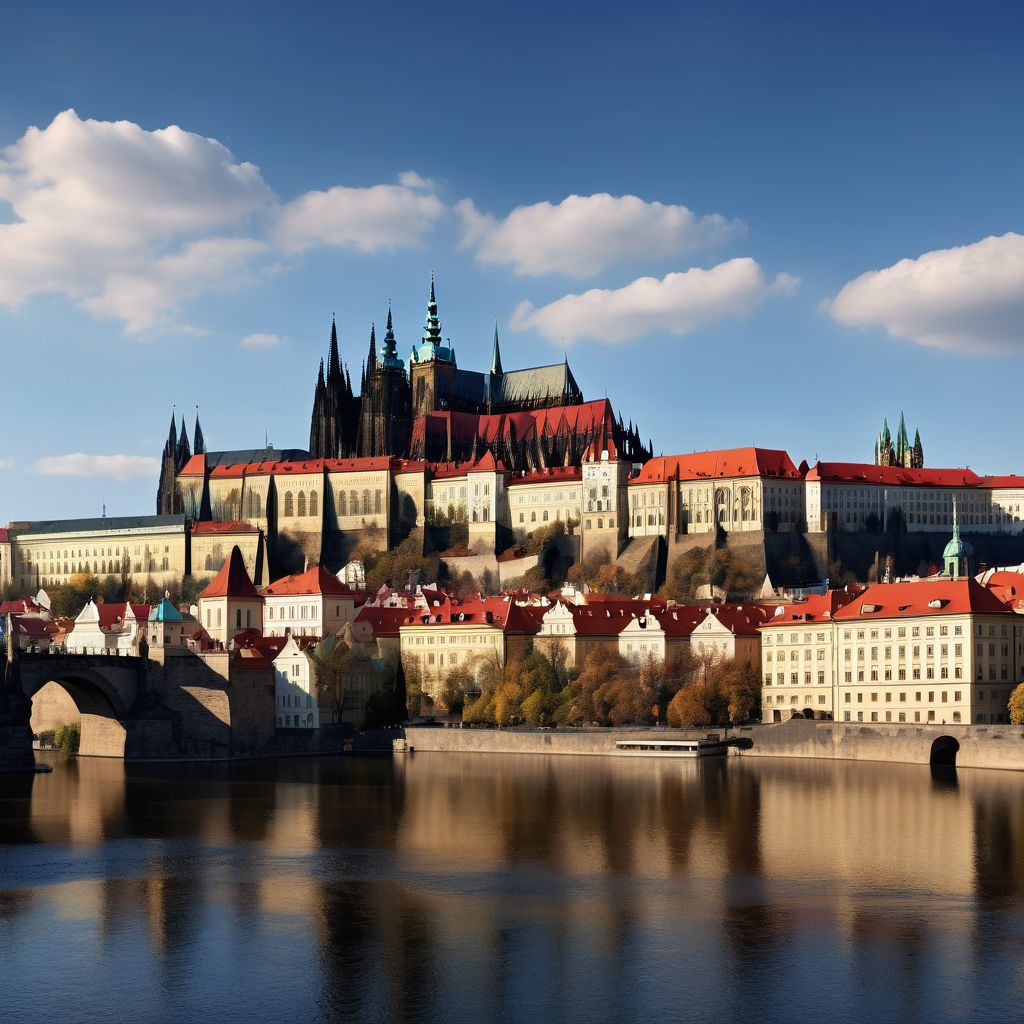Discover the Czech Republic: A Blend of Tradition and Modernity
Exploring Czechia’s Rich Heritage, Social Dynamics, and Cross-cultural Engagement

Introduction to the Czech Republic
The Czech Republic, often referred to as Czechia, is located in Central Europe. It is bordered by Germany to the west, Austria to the south, Slovakia to the east, and Poland to the north. Major cities include Prague (the capital), Brno, Ostrava, and Plzeň. The Czech Republic boasts a rich cultural heritage, known for its medieval architecture, historic castles, and vibrant arts scene. The country has a storied history, having been part of the Austro-Hungarian Empire, the Czechoslovak state, and now an independent nation since 1993. Czechia is also renowned for its contributions to classical music, literature, and beer brewing traditions.
Cross-national and Cross-cultural Understanding
Czechs generally engage with other cultures with openness and curiosity, although they might initially come across as reserved. This openness is rooted in the country's history as a crossroads of European cultures and its strategic location in Central Europe. The Czech Republic actively promotes cross-cultural understanding through various initiatives and programs. Significant cultural exchanges and educational programs highlight Czechia’s commitment to fostering global engagement. Institutions such as the Czech Centres, Charles University, and the Academy of Performing Arts in Prague promote Czech culture internationally through events, exhibitions, and language courses. Additionally, the government supports scholarships and exchange programs, such as the Erasmus+ program, which facilitate academic and cultural exchanges, fostering mutual understanding. International partnerships also enhance cross-cultural understanding. The Czech Republic is an active member of international organizations such as the European Union, the United Nations, and NATO, promoting cultural cooperation and exchange. These partnerships facilitate student exchanges, collaborative research projects, and cultural festivals, strengthening Czechia’s cultural ties with the world.
Interactions and Social Dynamics
Interactions between Czechs and foreigners are typically characterized by politeness and a gradual warming up to familiarity. Czech social behaviors are influenced by cultural values such as "slušnost" (politeness), "pohostinnost" (hospitality), and "respekt" (respect). These values are often reflected in the way Czechs engage with outsiders. Social behaviors in the Czech Republic emphasize respect and politeness in initial interactions, which may seem reserved at first. Greetings often involve a handshake, and maintaining a respectful distance is common. Hospitality is an important aspect of Czech culture, and guests are often treated with care and generosity, frequently invited to share meals and participate in social gatherings. Communication styles in Czechia are generally direct yet polite. Czechs value honesty and clarity in communication, often engaging in straightforward discussions. Non-verbal communication, such as body language and facial expressions, plays a significant role in interactions, adding to the overall expressiveness of conversations. Language plays a crucial role in facilitating interactions. Czech is the official language of the Czech Republic, while English is widely spoken, especially among the younger generation and in urban areas. Additionally, many Czechs speak German or Russian, reflecting the country’s historical ties and linguistic diversity. Multilingualism is valued and encouraged, especially in educational and professional settings.
Views on Dating and Relationships
Dating and relationships between Czechs and foreigners are becoming more common, particularly among younger generations and in urban areas. Czech society tends to be liberal about relationships, with a strong emphasis on individual choice and mutual respect. There is a growing openness towards cross-cultural relationships as opportunities for international exposure increase. In Czech dating culture, there is often a strong emphasis on equality and mutual respect. Relationships are typically pursued with a long-term perspective, and traditional gender roles are less pronounced compared to some other cultures. Men and women are expected to be equal partners, sharing responsibilities and decision-making. Cultural expectations and traditions, such as the importance of personal space and independence, can impact relationships. Understanding and respecting these cultural norms is essential for successful cross-cultural relationships in the Czech Republic.
Marriage and Family
Marrying foreigners is widely accepted in the Czech Republic, though it comes with certain social and familial considerations. Legal considerations for such marriages involve specific regulations governed by Czech civil law. There is no pressure for non-Catholic spouses to convert to Catholicism, reflecting the country’s secular and inclusive approach to marriage. Socially, Czech families are generally open to cross-cultural marriages, although there may be initial reservations about cultural differences and social compatibility. However, acceptance typically increases as relationships develop and families get to know the foreign partner. Family plays a central role in Czech culture, and marrying into a Czech family often involves participating in family gatherings and traditions. Common practices in cross-cultural marriages include celebrating both Czech and foreign traditions, creating a blended cultural environment. For example, a couple might celebrate Czech holidays like Christmas and Easter alongside holidays from the foreign partner’s culture.